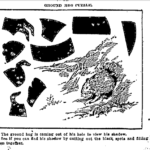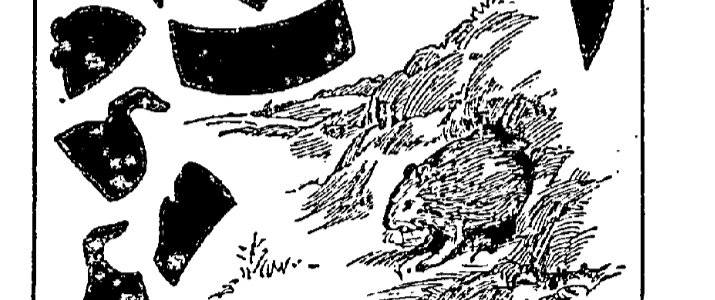The proposal of Groundhog Day as a public holiday, and other oddities.

The beloved groundhog — the original weather prophet — is not indigenous to Oregon. The February 2 issue of the 1897 Oregonian informed readers that they would just need “to rely on weather bureaus and almanacs for information about the coming spring.”
The state’s lack of groundhogs did not prevent a 1911 state lawmaker from declaring “the second day of February to be known as Groundhog Day and enjoin the public schools of the state to observe this day by suitable exercises.” He was displeased by a bill that made Columbus Day a public holiday and the introduction (by Rep. Fouts) of St. Patrick’s Day the same day. Sadly, Groundhog Day never became a legal holiday, despite the argument that it was far more American than Columbus Day or Seventeenth Day of Ireland.
The oddest story related to Groundhog Day was a bit of western justice served up by Judge Deich. Oregon went dry in 1916 (three years before national Prohibition). On January 19, 1922, Edward Hopkins was sentenced to county jail until Groundhog Day, if on that day he had recovered from hair tonic and moonshine enough to clearly make out his own shadow. Mr. Hopkins felt that, were he not able to sober up in two weeks, it was only fair that his stay in jail be extended until spring.

